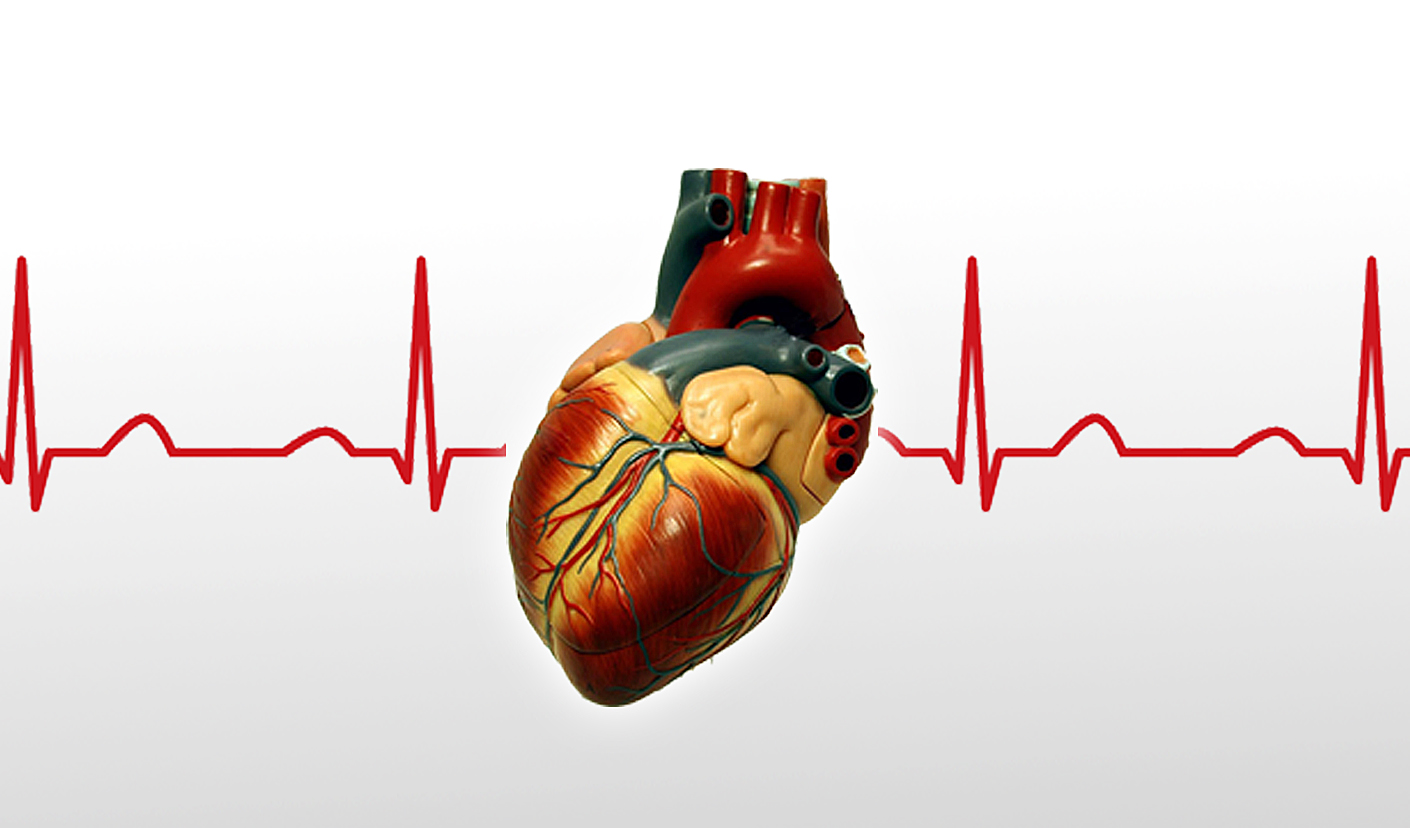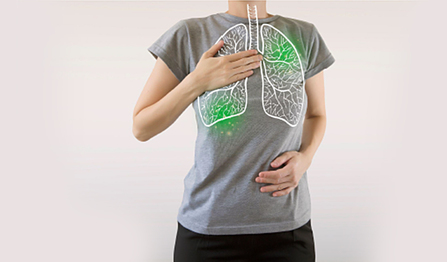We use cookies to make your experience better. To comply with the new e-Privacy directive, we need to ask for your consent to set the cookies. Learn more.
Cardiovascular disease (CVD) in Women
For the past 20 years, Cardiovascular disease remains the leading cause of death in women. Unfortunately, fatalities from heart attacks in women have been rising and affecting younger women more frequently. Women experience different symptoms when having a heart attack from men, and this can delay treatment and reduce the risk of survival.
It is imperative that we understand the mechanisms that contribute to worsening risk factor profiles in young women, in order to reduce future Atherosclerotic Cardiovascular Disease (ASCVD) morbidity and mortality. Increased recognition of the prevalence of traditional ASCVD risk factors, and their differential impact in women, as well as emerging, nontraditional risk factors unique to, or more common in women, contribute to a new understanding of mechanisms leading to these worsening outcomes for women.
In most countries of the world, cardiovascular disease is the most common cause of death in both men and women. Women have slightly different risk factors than men. Apart from the obvious ones of smoking, being overweight, having high blood pressure, and not exercising, the following factors can all raise the risk of heart disease in women: having an early menopause, history of gestational diabetes or pre-eclampsia during pregnancy, and use of hormonal contraception. Also, women with type 2 diabetes are more at risk of heart attacks than diabetic men.
Know the factors that may increase your chances of getting heart disease.- Diet high in saturated fats and cholesterol
- Excessive alcohol use
- Family history of heart disease
- High blood cholesterol
- High blood pressure
Women today are having to juggle increasingly demanding lifestyles, which often result in chronic exposure to stress. Anxiety and depression are more common in women than men, and this is partly due to the effects of female hormones. Sleeping problems after menopause are common and greatly raise the risk of both weight gain and cardiovascular disease.
One of the most important things to know is how the warning signs of a heart attack may be different for women. You might not have chest pain or shortness of breath. Instead, you might experience a sudden overall feeling of illness or an unusual feeling of mild discomfort in your neck or jaw.
Common symptoms are:- Unusually heavy pressure on the chest, like there’s a ton of weight on you
- Sharp upper body pain in the neck, back, and jaw
- Severe shortness of breath
- Cold sweats (not hot flashes from menopause)
- Unusual or unexplained fatigue (tiredness)
- Unfamiliar dizziness or light-headedness
- Unexplained nausea (feeling sick to the stomach) or vomiting.
It is so important to try and manage stress in a healthy way. Lower your chance of Heart Disease by eating healthy, stay active, be smoke-free, limiting alcohol use, keep your blood pressure in the normal range, regular exercise, drinking plenty of water, taking a daily magnesium supplement, keeping your blood thin with fish oil, garlic, and plenty of raw vegetables.
All in all, live a healthy life for a healthy heart!









